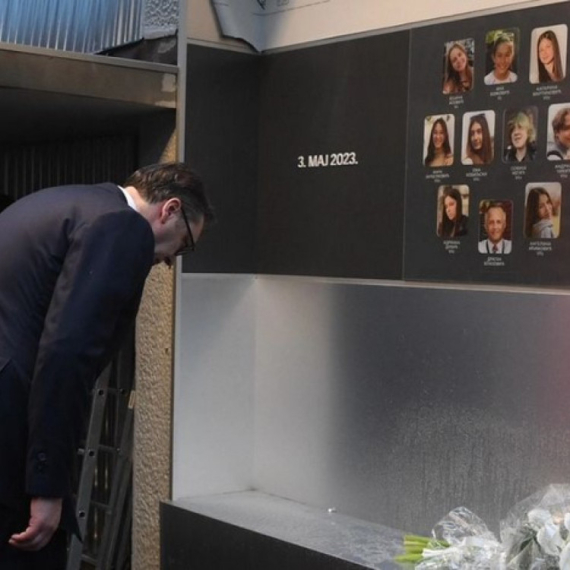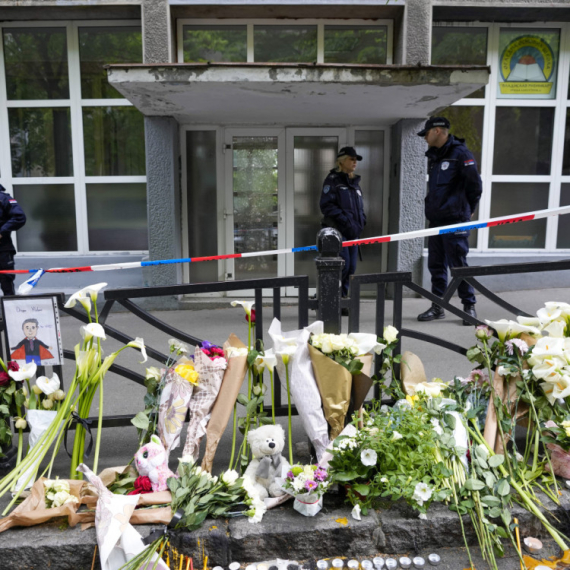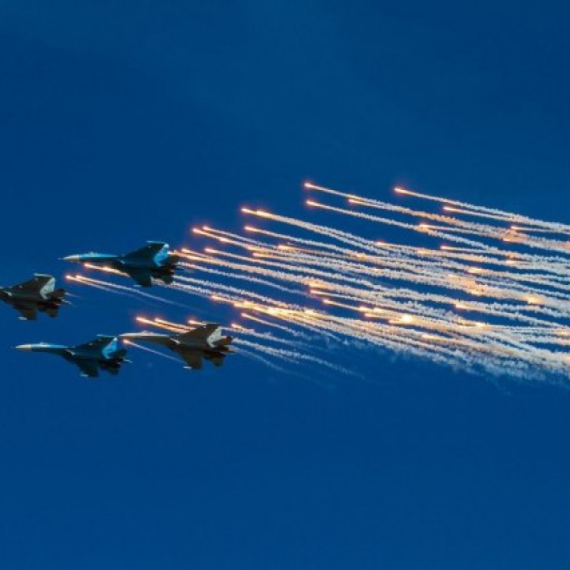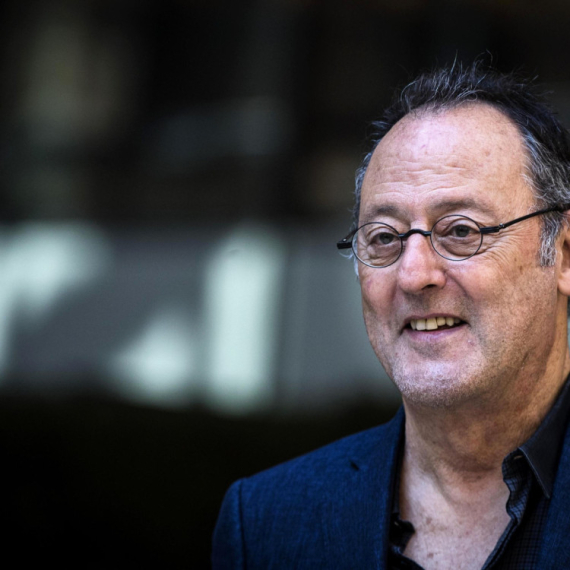U.S., Russia hold nuclear talks
U.S. and Russian negotiators are meeting in Rome to begin work on a new treaty to curb nuclear weapons.
Friday, 24.04.2009.
10:19

U.S. and Russian negotiators are meeting in Rome to begin work on a new treaty to curb nuclear weapons. The talks are the first step towards replacing the Strategic Arms Reduction Treaty (Start-1), signed in 1991, which runs out at the end of the year. U.S., Russia hold nuclear talks Presidents Barack Obama and Dmitry Medvedev agreed to the talks at their first meeting earlier this month. But there are areas of disagreement and meeting the December deadline will be difficult, correspondents say. In particular, Moscow has expressed concern at U.S. plans to build an anti-missile system in central Europe. "One should bear in mind that the lower we go in terms of the numbers of warheads, the more serious issues linked to missile defense and the strategic potential of other nuclear powers appear," Deputy Foreign Minister Sergei Ryabkov told the Russian news agency Interfax. Russia has also said it would like to see a cut in delivery systems, such as rockets and submarines, not just warheads - an area not covered by existing agreements. But both sides want to reduce their nuclear arsenals, the BBC in Rome says. The U.S. in particular believes it will give them greater moral and political force against countries with nuclear ambitions such as Iran and North Korea, he adds. Both presidents want the new deal to improve on an agreement by their predecessors in 2002 to cut deployed warheads to between 1,700 and 2,200 on each side by 2012. They have asked their negotiators to report back on their progress by July.
U.S., Russia hold nuclear talks
Presidents Barack Obama and Dmitry Medvedev agreed to the talks at their first meeting earlier this month.But there are areas of disagreement and meeting the December deadline will be difficult, correspondents say.
In particular, Moscow has expressed concern at U.S. plans to build an anti-missile system in central Europe.
"One should bear in mind that the lower we go in terms of the numbers of warheads, the more serious issues linked to missile defense and the strategic potential of other nuclear powers appear," Deputy Foreign Minister Sergei Ryabkov told the Russian news agency Interfax.
Russia has also said it would like to see a cut in delivery systems, such as rockets and submarines, not just warheads - an area not covered by existing agreements.
But both sides want to reduce their nuclear arsenals, the BBC in Rome says.
The U.S. in particular believes it will give them greater moral and political force against countries with nuclear ambitions such as Iran and North Korea, he adds.
Both presidents want the new deal to improve on an agreement by their predecessors in 2002 to cut deployed warheads to between 1,700 and 2,200 on each side by 2012.
They have asked their negotiators to report back on their progress by July.




































Komentari 1
Pogledaj komentare